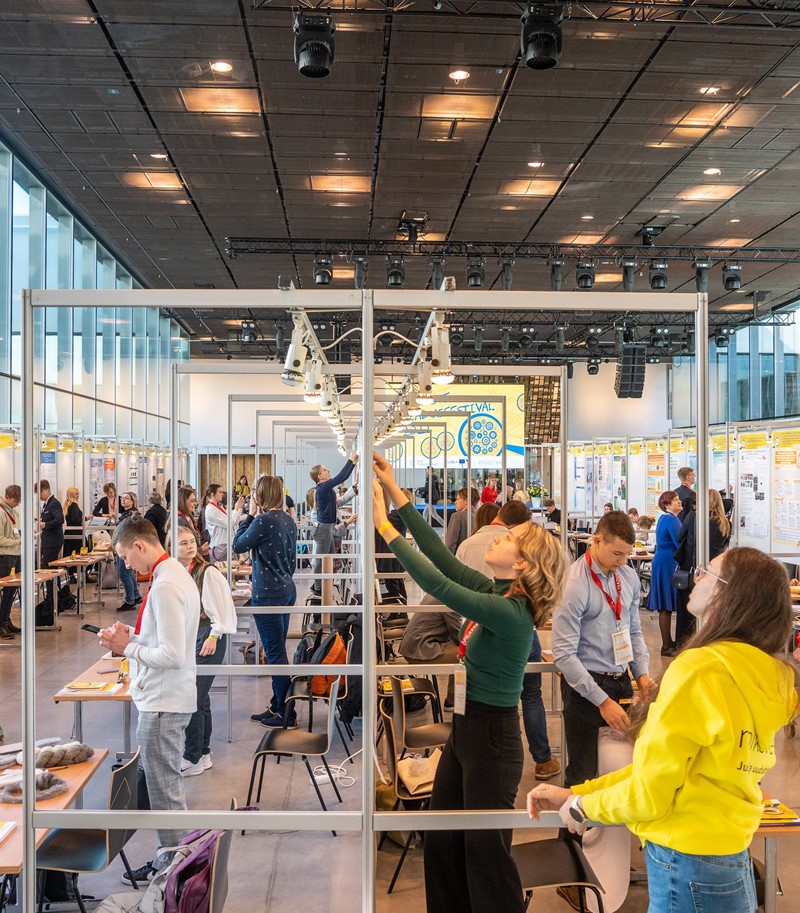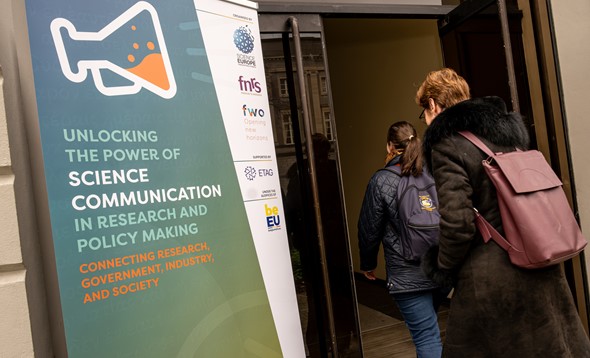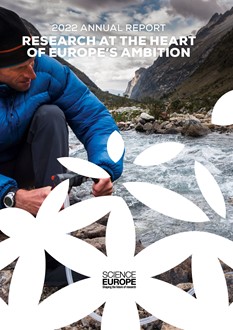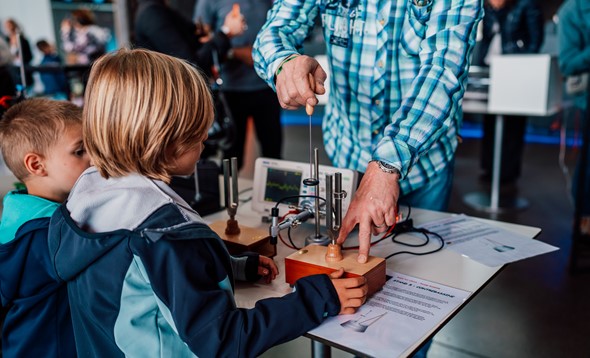Why is science communication important?
Research and innovation systems have the crucial role of generating new knowledge and can transform fundamental scientific knowledge into concrete applications. Societal challenges, such as pandemics, artificial intelligence, big data, food security, or energy and climate threats highlight the importance of investment in research and of research-informed evidence. However, great science does not speak for itself: it is critical that scientific evidence is readily available and easy to understand.
The context in which (science) communication takes place is more and more polarised, diverse, and volatile. Appropriate science communication is key to research-informed policy making, and societal debates. Communication and interaction with various audiences, including other research stakeholders and citizens, should take place at all stages of the research process to contribute to excellent science.
The role of researchers and research institutions is changing and so is their engagement in science communication, which now often includes stakeholder involvement and public engagement.











